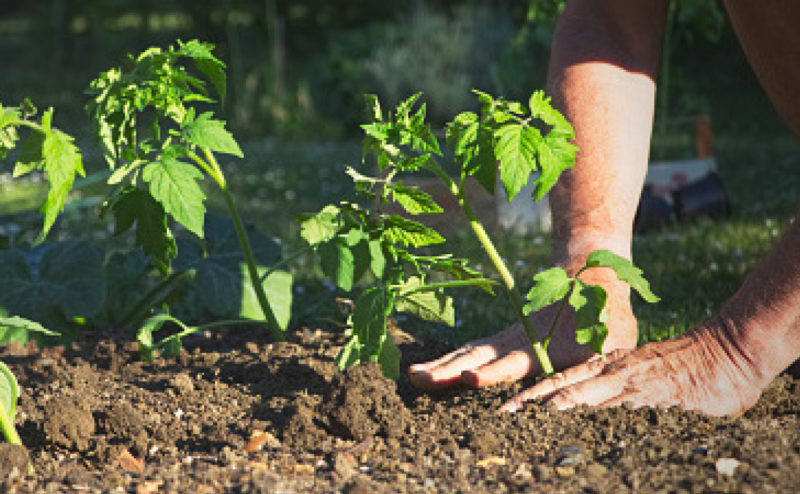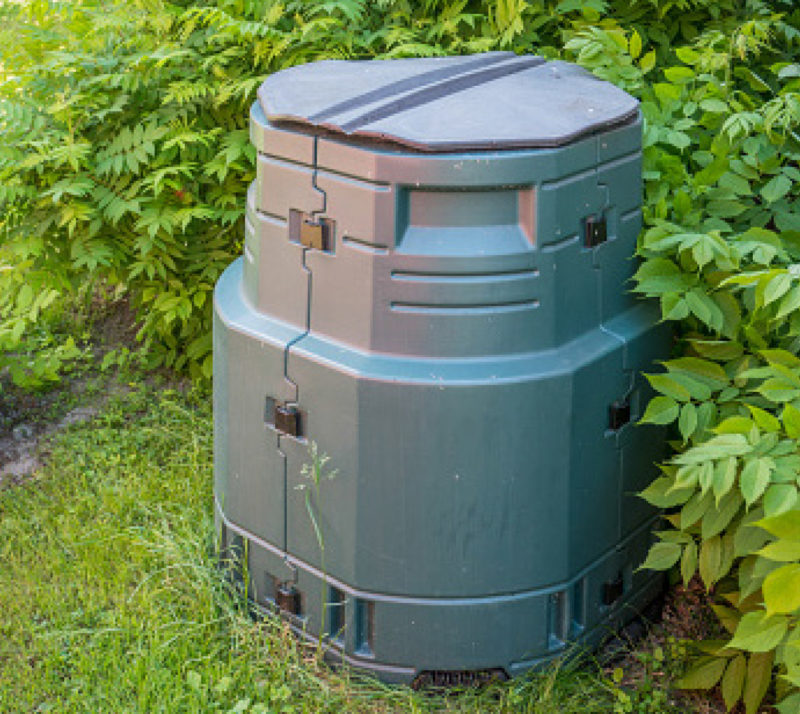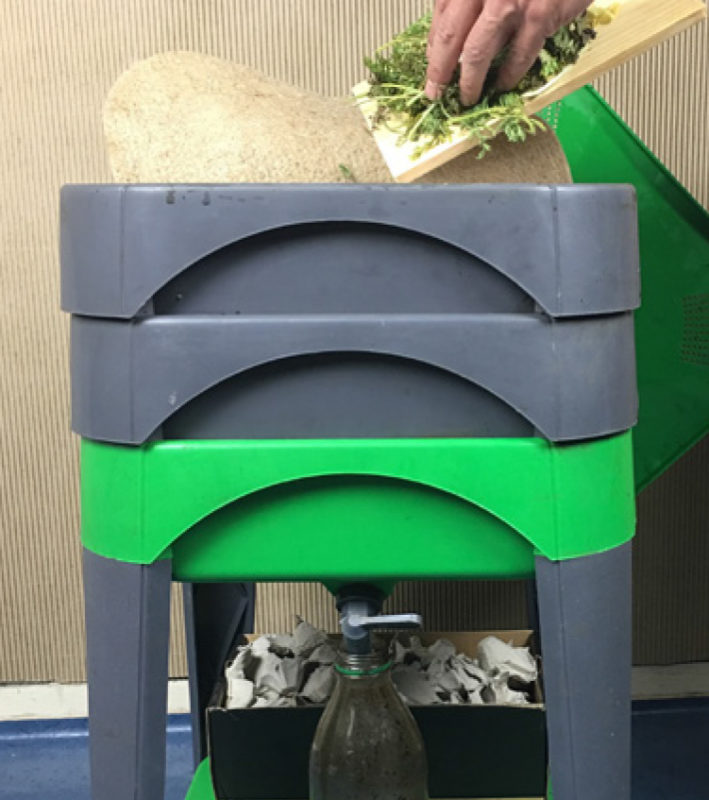Calls for a return to the agriculture of yesteryear, more virtuous, more local, more human, are multiplying. There’s no doubt that for many of us it feels like the stuff of dreams. For me, any new model of regenerative farming must be inspired by the techniques of yesteryear, enriched by scientific discoveries and calibrated to technological advances, in particular in mechanization. It’s only by combining the three that we can respond to today’s constraints: climate change, the shortage of local agricultural labor, the concentration of distribution channels and unfettered global competition.

On our estate, we are moving forward, determined to practice a more virtuous agriculture, based on our understanding of past practices, technical advances and knowledge. The objective: to reinvent a nurturing form of agriculture. Today, I would like to explore the fundamental roles of our soils, how they can be managed by the farmer and the benefits he can bring, not only to his agriculture but also to the environment. Soil is a complex ecosystem of mineral, organic matter, micro and macro-organisms, fungi, water and oxygen. In addition to its nutritive role which depends on the proper functioning of this ecosystem, soil can also be used as a carbon trap, help to purify our air and regulate water content.
To this end, when pulling out an old orchard or vineyard, we grind up the wood and incorporate its chips into our soils (across the globe, farmers typically push together the old trees and burn them). This is now possible thanks to the development of large forestry chippers. These pieces of wood will take dozens of years to decompose, support soil life and will not release their carbon into the atmosphere through fire.
Before planting, we also use cover crops as fertilizers. By matching the right plant to the soil and its future crop, these plants act in symbiosis with the main crop. Fixing nitrogen in the air and carbon, they enrich the soil biomass, aerate the ground, regulate water content all while improving the soil’s fertility, making it possible to reduce or even eliminate external fertilization. We are also expanding the use of organic green composts, coming from composting centers. Everyone’s efforts to recycle green waste contribute to the development of more virtuous agriculture.
We also welcome the initiative of Nîmes Métropole (our local inter-municipal organization of 39 municipalities) which provides each household, for the modest sum of 20 euros, either a garden composter or an apartment worm composter. Delivered to the home and accompanied by free training, it is a great opportunity for everyone in our community to do something for the planet by limiting the amount of household waste, as well as by strengthening the stock of humus in the soil, which improves its fertility. To discover this initiative, you can visit the site: www.nimes-metropole.fr/quotidien/dechets-menagers/compostage-individuel.html


Organic farmers, we are moving step by step, because we are fundamentally convinced that we must change our agricultural model. We will achieve this with the help of everyone, not only by choosing to support more virtuous productions, but also by your recycling efforts, which will provide all of us with this vital organic material.
To enter our website, you must be of legal drinking age in your country.